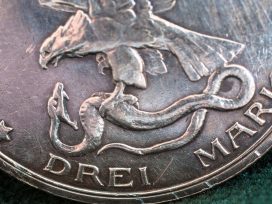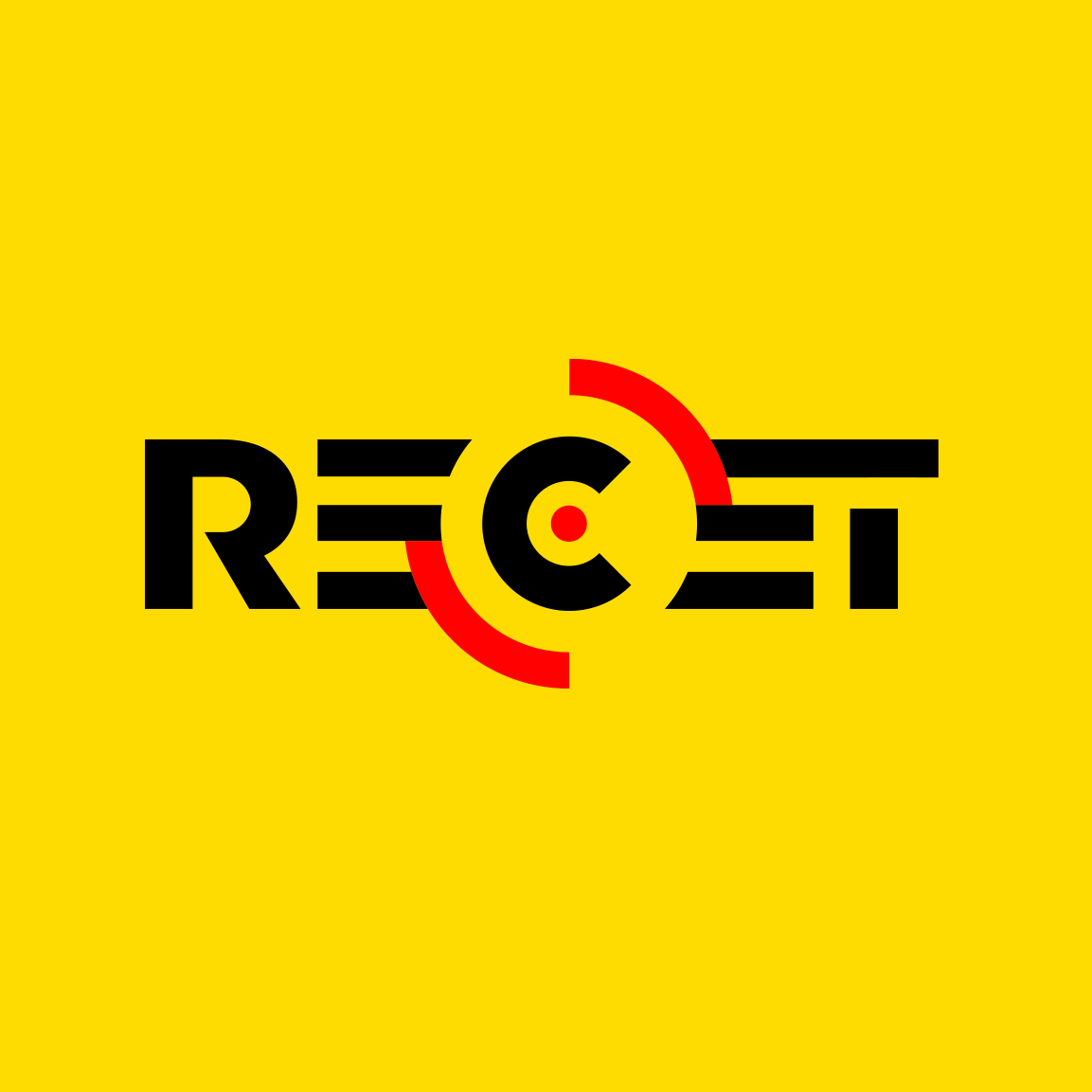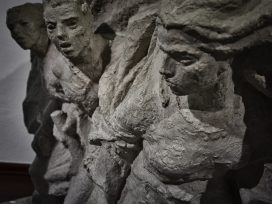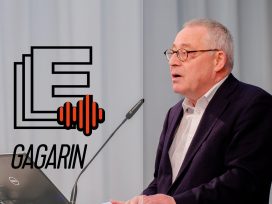Myths of shock therapy
Philipp Ther talks neoliberalism’s toll on the peripheries
After ’89, the ideology of ‘free’ markets prevailed not just in eastern Europe, but also in the West. The consequences were particularly evident in the wake of the 2008 financial crisis and the 2010 euro crisis. What effect did the economic restructuring have on the European project and what are the key issues facing Europe today?
Contra the myths of ‘shock therapy’, economic transformation after ’89 was not a one-way street. Rather, argues Philipp Ther, it is better understood as a set of ‘neoliberal feedback loops’ between East and West. Transnational convergences accompanied growing internal inequalities, the partial success of neoliberalism taking its toll on the peripheries.
Economic historian Philipp Ther of the University of Vienna gave a lecture at the 30th European Meeting of Cultural Journals ‘Europe ‘89: The promise recalled’, 2 November 2019 in Berlin.
Read Ther’s corresponding article in Eurozine:
Find more videos and articles from the Eurozine conference ‘Europe ‘89: The promise recalled’, 1-3 November 2019 here.
Published 3 February 2020
Original in English
First published by Eurozine
© Philipp Ther / Eurozine / Heinrich Böll Stiftung
PDF/PRINTIn collaboration with
Newsletter
Subscribe to know what’s worth thinking about.
Related Articles

To each their own censorship
Podcast
When does political pressure reach its breaking point? As censorship methods get subtler, eastern European journalists rely on the popular support for independent journalism to stand their ground against rampant Orbánization.
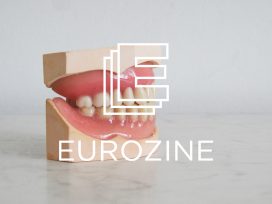
This year’s Eurozine conference is taking place online. Those suffering from Zoom fatigue need not worry: we will be providing our followers with a combination of condensed conversation, exciting speakers and open debate. Because now, more than ever, we need to cut through the noise.
